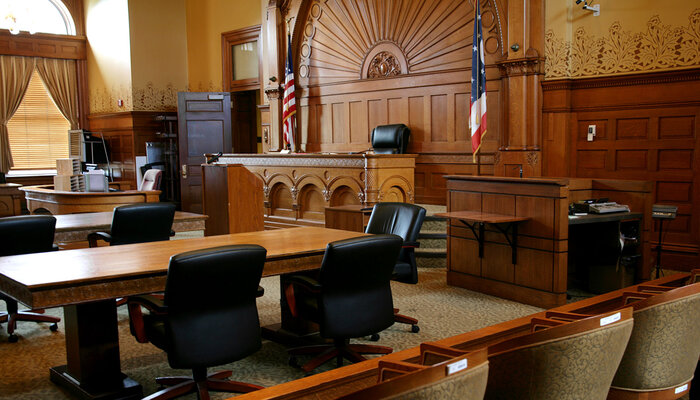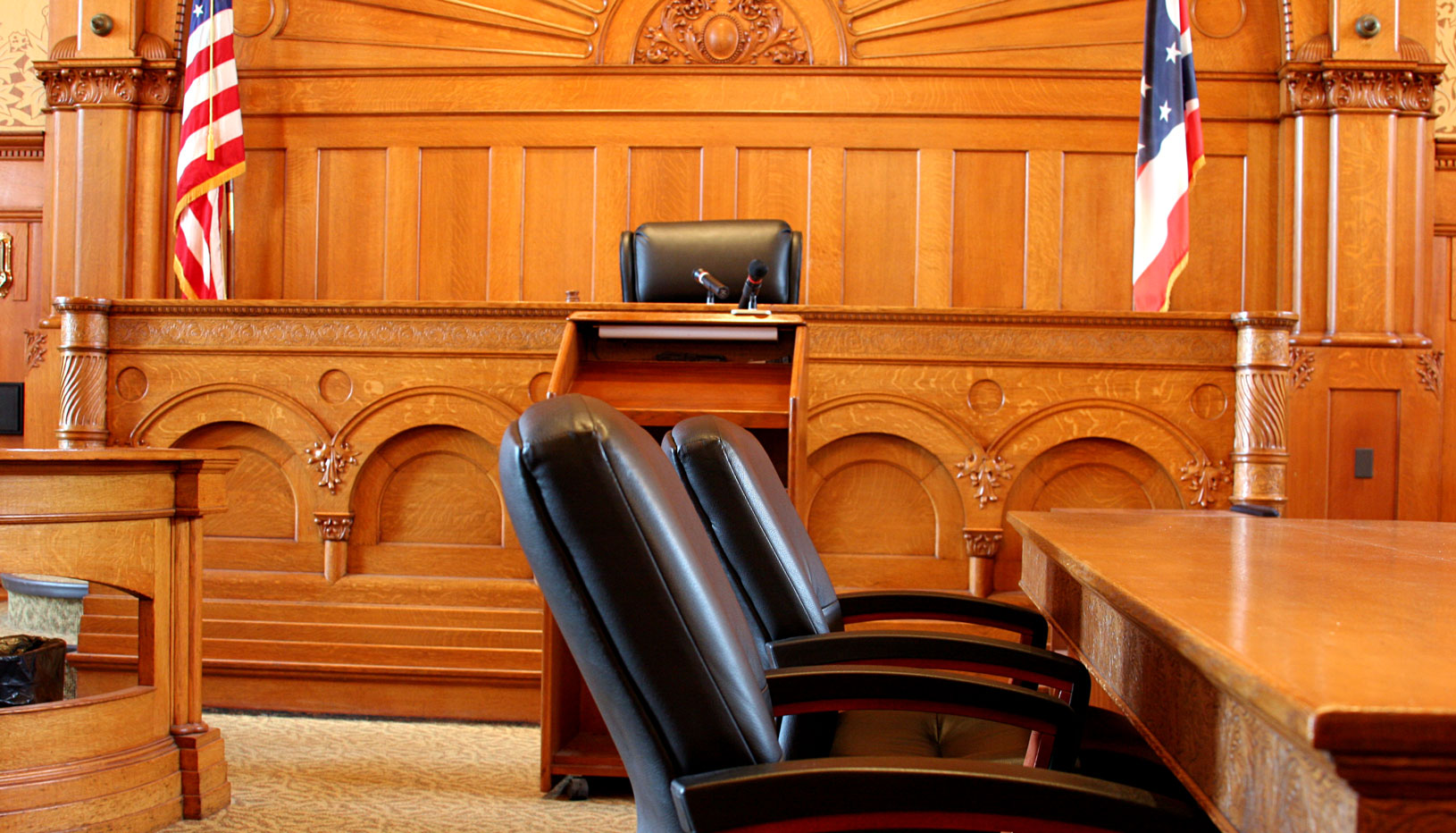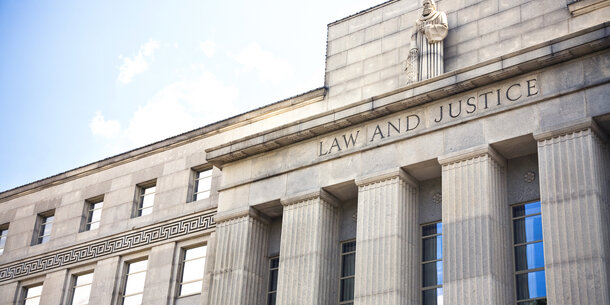Courts are one of the last lines of defense against abuses of power during our elections. But an alarming updated analysis by the Brennan Center shows that partisan state lawmakers are increasingly taking aim at state courts’ ability to ensure free and fair elections.
It’s part of the unprecedented effort by partisan legislators nationwide to undermine or distort the outcomes of future elections, with the past year seeing a wave of new voter restrictions, partisan election audits in several states, and state-level efforts to sabotage future elections.
In 2020, state courts intervened in some states to protect voters’ ability to safely cast their ballots, and in others, they rejected efforts to manipulate or overturn election results. Many state courts will also play a major role in redistricting battles across the country over the coming year as congressional and legislative maps are redrawn. This critical function in defending democracy has put these courts in state lawmakers’ sights.
Legislators in 35 states considered at least 153 bills between January 1 and December 10 of this year that would have limited state courts’ power or independence or made them more partisan. Of those bills, at least 19 have become law across 14 states. An additional two measures will go before voters in Montana and West Virginia in 2022, and another 53 advanced in a meaningful way — either receiving a hearing, getting voted out of committee, or passing one chamber of the legislature.
In a new trend, at least 12 laws enacted in 9 states this year appear to be targeted at state courts for the role they played — or will play — in election cases.
Four of these new laws limit courts’ ability to ensure fair elections. A new law in Georgia, for example, will make it more difficult for some judges in the state to extend polling place hours to accommodate voters because of long lines or other logistical issues. New laws in Kansas, Kentucky, and Texas, also contain provisions that prohibit the judiciary or government officials from altering or suspending state election laws. Legislators introduced these measures after several states saw changes made to their voting procedures and policies for the 2020 election because of executive action or court rulings meant to safeguard voters’ health during the pandemic.
The remaining eight laws, which are aimed broadly at the courts, will have major implications for future election cases. In an apparent effort to obtain more favorable outcomes, these laws change who sits on state courts, which courts hear cases involving the state, or make it easier for judges to be targeted for unpopular decisions.
A new law in Montana, for example, permits the state’s Republican governor to fill vacancies on the state’s supreme court and trial courts without vetting by the state’s independent judicial nominating commission. Legislators in Montana have accused the state’s judges of being “too liberal.”
Similarly, legislators in Kentucky and Tennessee have criticized the judges in their respective state capitals as being biased against Republicans because they are chosen by voters in Democratic-leaning parts of the state. So a new law in Kentucky requires lawsuits against the state to be filed in the county where the plaintiff resides as opposed to the state’s capital. And in Tennessee, where constitutional challenges and redistricting cases were generally heard by judges in the state’s capital, a new law created a three-judge “court of special appeals” composed of judges from different parts of the state to hear those cases instead.
Other proposals would have gone much further had they been enacted. Republican legislators in Minnesota and Tennessee, for example, introduced resolutions that, if passed, would have removed individual judges from office over decisions they issued last year to protect voters from Covid-19.
Bills in Texas would have changed the judges that hear certain election-related disputes or created a new “state elections tribunal” to hear such cases. And in Nevada, a proposed constitutional amendment would have taken responsibility for canvassing and certifying virtually all state and federal election results away from the state’s supreme court and given it to the legislature. The amendment was sponsored by a Republican legislator who signed on to a letter calling for a 50-state audit of the 2020 election based on unsubstantiated claims of voter fraud.
These bills are dangerous.
With the hostility shown by the U.S. Supreme Court and many federal courts of appeals towards voting rights, state courts are only going to become more important — and attract more public attention — as people increasingly turn to them for protection. And if the attacks on our democracy over the last year are any indication of what’s in store in the coming years, we should all want these courts to remain above the political fray so they can protect our rights and hold the political branches to account.




